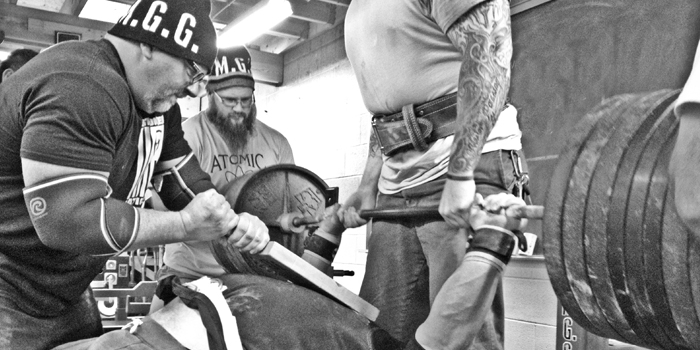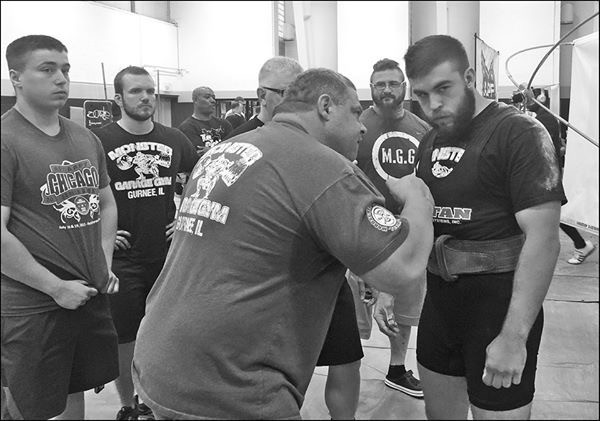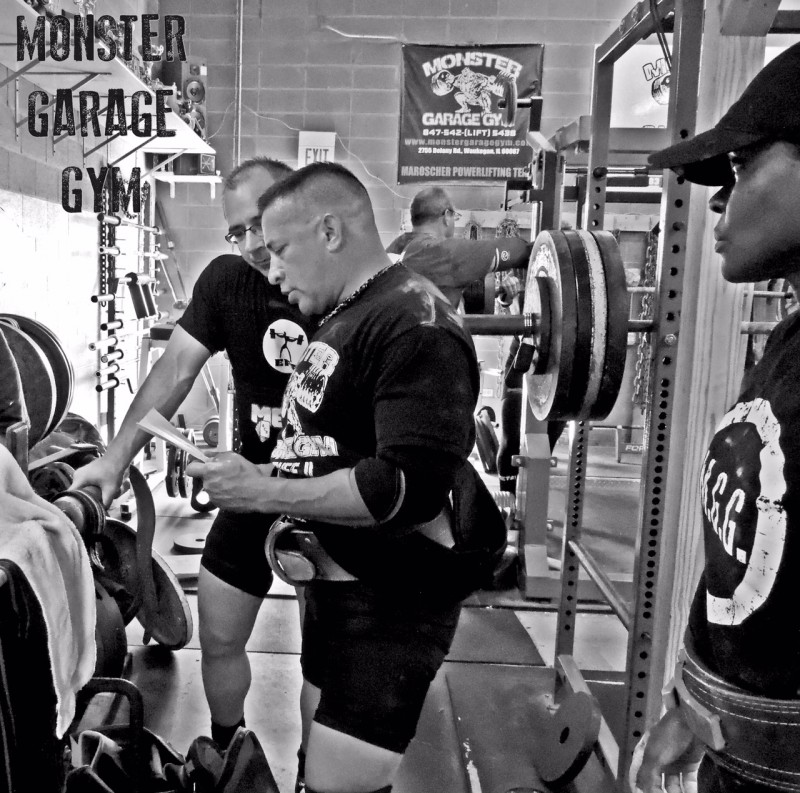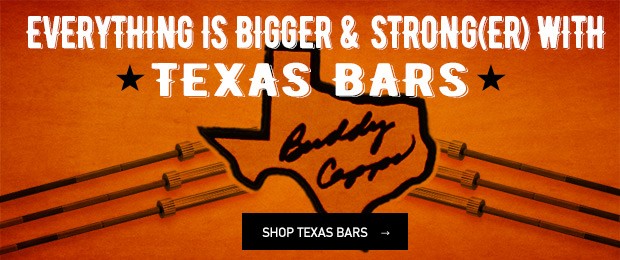
In our lives, we have boyfriends or girlfriends or husbands or wives or significant others. We also have acquaintances, friends, close friends, family, and co-workers. We have a lot of individuals in our circle who are important to us, and they don’t require anything from us. They don’t require our money, or our praise, our influence, or anything specific for them. What they do want, however, is our honesty.
Honesty is a word that is comprised of so much nuance and the power of honesty helps define us as a person, as an individual. But honesty also helps define our role with others, like the roles in life that I mentioned above. Honesty can involve our honor, our integrity, our ethics, and moral compass. In some ways, it is synonymous with virtue, worthiness, and sincerity. So much is packed into that powerful word and so much comes with the weightiness of its meaning.
RECENT: When Did Everyone Become Allergic to the Eccentric?
Honesty is key to all of our relationships, as it takes a lifetime to build trust yet mere moments to lose it. Honest mistakes can be forgiven over time, but being lied to is something different. Honesty is the key to our relationships growing stronger, as honesty can mean sometimes that honest statements are hurtful for a time, but those constructive criticisms said with both candor and care, are made intentionally. And through the lens of the honest friend, spouse, co-worker, or family member, improvements from the one spoken, too, may result, and that is often the reason behind honest words that can temporarily have a sting to them.
In powerlifting, bodybuilding, strongman, or any weight training endeavor, the people who can propel us forward, the people who can help us gain traction when our wheels seem to be spinning without forward movement are our training partners. Training partners are the individuals whom we see multiple times per week, and in some cases, time spanning over many, many years.
Training partners are the people in our lives we trust will have our back when our squat or bench fails. Where their spot is always ready and our safety is important to them as it is to us. These are the people in our lives who are as focused on the prize at the end of the work you put in at the gym as they the prize at the end of the training cycle for themselves.

Training partners are a staple to our training and are one of the pillars we depend on for stability in our workouts, vision, mission, and journey that is the gym, the platform, the stage, or the field of battle as a whole.
Not unlike with your spouse or significant other, the relationship between training partners depends on many things, but at the central core to this relationship is the quality of one’s honesty with their training partner.
Just like a relationship, being honest can be challenging at times. When your significant other asks how the meal was, you can be less than honest and say, “The meal was great,” when in reality, it was far from that. That can spare feelings but serves to ensure equally non-tasty meals for months and months to come.
Sparing feelings by being less than honest is not a luxury we have with training partners, as our feedback has the same impact as the aforementioned example. If our training partner squats and then asks us for our feedback, and we know the squat was high, but we respond with a response like, “That was below parallel,” they will continue on that path of high squats for that workout and potentially all the meet prep workouts to come.
At the end of the day, there aren’t just a few bad meals via a bit of dishonesty, but instead, a meet or championship that ends in three red lights and a training partner who can’t understand how all their training squats met with your approval in the gym, but were turned down by each of the three judges for each of their three attempts.
RELATED: The Death of the Powerlifting Crew
In powerlifting and other strength sports, true training partners don’t have the luxury of being anything but 110 percent honest, nor should they be. After all, their whole purpose beyond pushing, inspiring, and motivating their training partner, beyond keeping them safe and building confidence and the like, is to be that one individual that is honest, who keeps the training real and calls it like it is. “Hey, how was that squat depth?” “Honestly, it was high, and not just a little bit, but significantly so.”
As lifting partners, honesty is not the best policy, it is the only policy; in fact, it is your absolute responsibility. You are not there to stroke fragile egos with false feedback; you are there to help build their total with truth, honesty, and transparency. Impressively heavy high squats might cut it with the Instafamous social-look-at-me-dia folks, but international judges don’t care how many followers you have or how many filters you used. Judges care about if you made depth or not, and when in doubt, the red lights come out.
This all said, providing honesty in your assessment of your training partners is your part of a two-part equation. Part 1 is your requisite honesty, the truth you supply to help bring the best out of your training partner. But Part 2 of the equation is your partner’s follow through with your honesty. I say that as providing honest feedback does not necessarily mean your feedback will be heeded, absorbed, listened to, or followed. To that end, their response, or perhaps lack thereof to your feedback, is not your responsibility. You can lead a horse to the platform, but you can’t make him squat deep.

I have a gym (Monster Garage Gym) full of lifters, and I enjoy training with them all. I will joke and kid and goof around with them after training or at El Durango restaurant for carne asada, where we often eat post-training. My gym’s lifters are vastly eclectic and come from all backgrounds and have a wide range of professions, goals, personalities, races, and backgrounds. I like them all, even the ones whom you can’t save from themselves. With the diversity in lifting and life experiences comes thoughtful flexibility.
What I won’t ever bend or provide flexibility or give one little inch away is when it comes to honesty about their training, technique, depth, attempts, or anything lifting-related they inquire with me about. I would never cheapen or diminish my relationship with them by telling them something they might want to hear when the truth is something entirely different.
If your squat is high, I am absolutely going to tell you that because I take my job as your training eyes seriously. I do them no favors by reinforcing their bad habits, poor technique, lazy eccentric work, high squats, or the inability to put a bar to a bench after months of nothing but board work.
My lifters know this, and some ask me to check their depth because they want my decades of judge’s eyes and powerlifting experience to provide them with this view, but most of all, they want my honest assessment and know I will always provide just that. Others never ask me to look at their depth because they already know they are as high as a kite and don’t want to hear that truth. That, too, is OK.
WATCH: Reverse Grip Bench Press 101
As the provider of feedback, of truth, and of honesty, your job as a training partner is to live up to the standards of the sport, the responsibility of your job, to be authentic with your partners, and call it like it actually is.
My lifters know I will never sugarcoat my feedback with them, and that is exactly why some want my insight and exactly why others do not seek it. I am not concerned with injuring egos of the lifters at my gym with the truth because serious powerlifters don’t lift with their egos. They lift, they train, and they compete for the challenge, not the Insta-affirmation. If you are not being truthful because you are concerned you might bruise your training partner’s ego, then your training partner might have issues far more concerning than a high squat.
Intrinsically, you already know if you are providing honesty or if you are not. If you are not, take a look inward and explore the “why” to that reality.
A great lifting partner can be one of the single most important resources for success in the sport, and I submit that in order to be a great lifting partner, that one of the most critical ingredients to that formula is honesty. Calling reds in the gym helps attain whites at the meet, and at the end of the day, that is what matters to the true powerlifters.
Be the authentic training partner and be the truth teller as when it comes to your role in your training partner’s life, honesty is the only policy.
Wishing you the best in your training and competitions. Ever onward!










